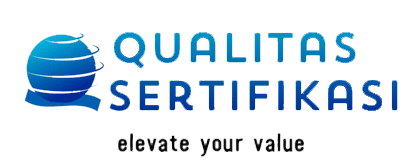OBP Certification vs. GRS: A Deep Dive into Sustainable Business
In today's world, the conversation around sustainability and environmental responsibility has never been more critical. With growing concerns about pollution, particularly plastic pollution, companies and consumers alike are increasingly seeking ways to mitigate environmental impact. Among the myriad of certifications and standards that have emerged, two notable ones are the Ocean Bound Plastic (OBP) Certification and the Global Recycled Standard (GRS). Both certifications aim to promote sustainable practices and reduce plastic waste, but they differ significantly in their scope, criteria, and implications. This article delves into the nuances of OBP and GRS, exploring their objectives, requirements, and the impact they have on the environment and businesses.
What is Ocean Bound Plastic (OBP) Certification?
Ocean Bound Plastic (OBP) Certification is a relatively new standard that addresses the critical issue of plastic waste destined for the ocean. This certification is administered by Zero Plastic Oceans (ZPO), a non-profit organization dedicated to preventing plastic pollution in marine environments. OBP Certification specifically targets plastic waste that is located within 50 kilometers of coastlines and at risk of entering the ocean.
Objectives of OBP Certification
The primary objectives of OBP Certification are:
- Preventing Marine Pollution: By intercepting plastic waste before it reaches the ocean, OBP Certification aims to reduce the amount of plastic that pollutes marine ecosystems.
- Promoting Recycling and Circular Economy: OBP Certification encourages the recycling of collected plastic waste, promoting a circular economy where materials are reused rather than discarded.
- Raising Awareness: The certification also serves to raise awareness about the sources and impacts of plastic pollution, encouraging more sustainable consumption and production patterns.
Criteria and Requirements
To achieve OBP Certification, entities must meet several stringent criteria:
- Collection: Plastic must be collected within the designated 50-kilometer zone from the coast. This ensures the waste is truly "ocean bound."
- Traceability: The entire supply chain, from collection to recycling, must be transparent and traceable. This includes detailed documentation and third-party audits.
- Environmental and Social Compliance: Organizations must adhere to environmental and social standards, ensuring that operations do not harm local communities or ecosystems.
What is the Global Recycled Standard (GRS)?
The Global Recycled Standard (GRS), developed by Textile Exchange, is a comprehensive, voluntary certification for products with recycled content. GRS covers the entire supply chain, ensuring that recycled materials are processed in a socially and environmentally responsible manner.
Objectives of GRS
The main objectives of GRS are:
- Increase Use of Recycled Materials: Encourage the use of recycled materials in products to reduce the consumption of virgin resources.
- Ensure Responsible Production: Promote sustainable manufacturing practices throughout the supply chain.
- Provide Credible Verification: Offer a transparent and credible verification process to build consumer confidence in recycled products.
Criteria and Requirements
GRS certification involves several key requirements:
- Recycled Content: Products must contain a minimum of 20% recycled material. This can include pre-consumer and post-consumer recycled content.
- Traceability: Like OBP, GRS requires traceability of the recycled materials throughout the supply chain, from source to final product.
- Environmental and Social Compliance: GRS-certified entities must comply with stringent environmental and social criteria, including restrictions on the use of chemicals during processing to ensure safety and environmental sustainability.
OBP vs. GRS: Key Differences
Primary Focus
- OBP Certification: Prevention of plastic pollution by collecting and recycling plastic waste before it enters the ocean.
- GRS: Verification of recycled content in products and promotion of responsible social and environmental practices throughout the supply chain.
Scope
- OBP Certification: Primarily plastic waste at risk of entering the ocean.
- GRS: Broader in scope, covering a wide range of recycled materials (not limited to plastics)
Geographical Focus
- OBP Certification: Targets coastal areas within 50 kilometers of the shore.
- GRS: Does not have a specific geographical focus but applies to any supply chain using recycled materials globally.
Key Criteria
- OBP Certification: Responsible collection, fair labor practices, traceability, and the recycled content in the final product.
- GRS: Emphasizes environmental and social responsibility but includes additional requirements related to chemical management.
Choosing the Right Certification
The decision to pursue OBP or GRS certification (or both) depends on a company's goals and products:
- Companies collecting or recycling plastic waste near waterways would benefit most from OBP Certification.
- Companies manufacturing products with recycled content should consider GRS.
The Impact on Consumers and Businesses
OBP and GRS certifications provide several benefits:
For Consumers:
- Greater confidence in the environmental claims of products.
- More informed choices about sustainable products.
For Businesses:
- Improved brand reputation and customer loyalty.
- Access to new markets and potential for premium pricing.
- Demonstration of commitment to sustainability.
In an era where sustainability is paramount, certifications like Ocean Bound Plastic (OBP) and Global Recycled Standard (GRS) play crucial roles in guiding businesses towards more responsible practices. While OBP Certification is laser-focused on preventing marine pollution by intercepting plastic waste before it reaches the ocean, GRS offers a comprehensive approach to ensuring the use of recycled materials and promoting sustainable supply chains across various industries.
Ultimately, the choice between OBP and GRS depends on a company's specific sustainability objectives, the materials they work with, and their commitment to addressing environmental and social impacts. By understanding the key differences and implications of these certifications, businesses can make informed decisions that align with their values and contribute to a more sustainable future.
If you want to learn more about how your business can benefit from sustainability certification, specifically OBP Certification and GRS, don’t hesitate to visit our website or have a chat with us. See ya!
Recent posts
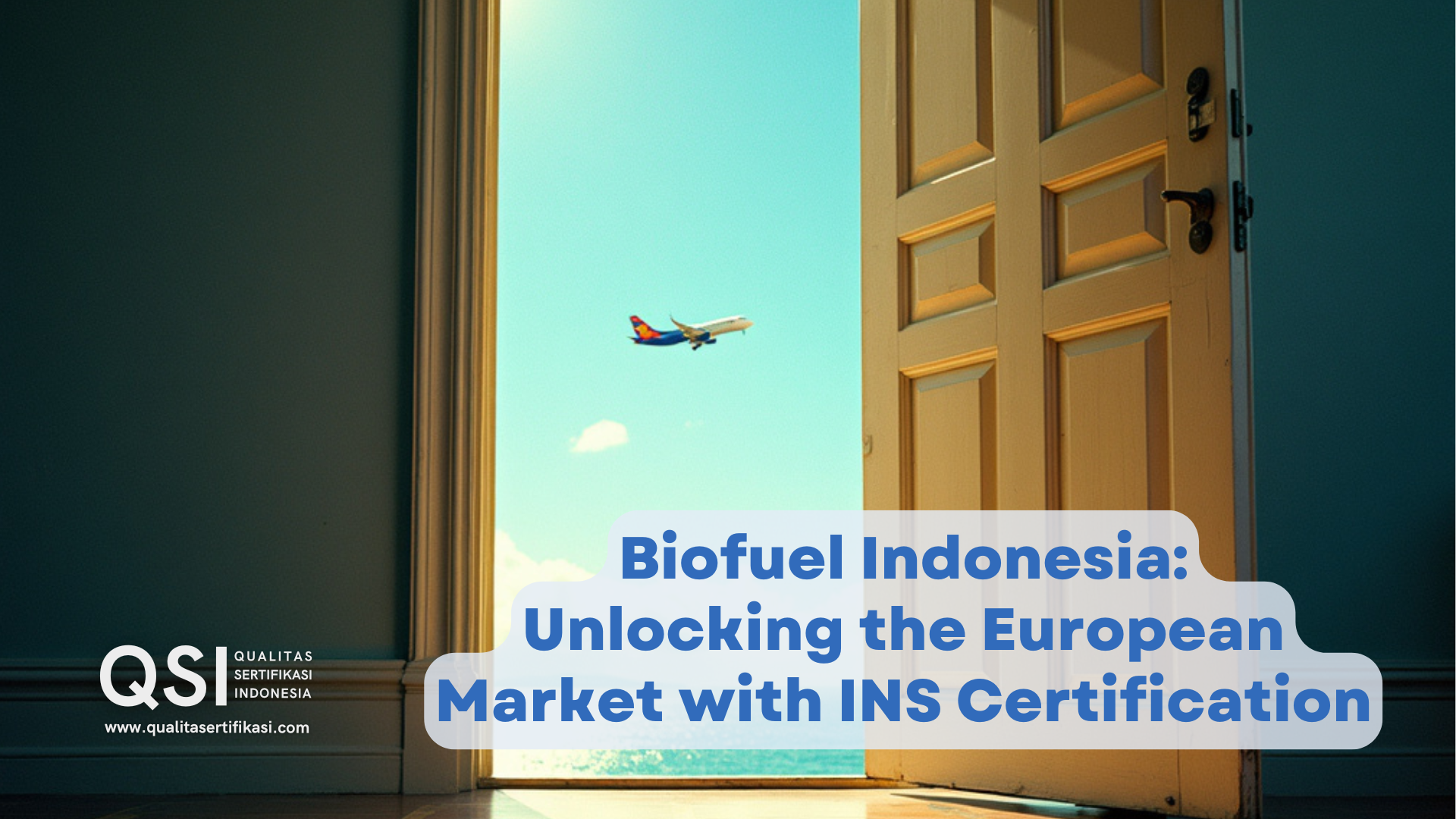
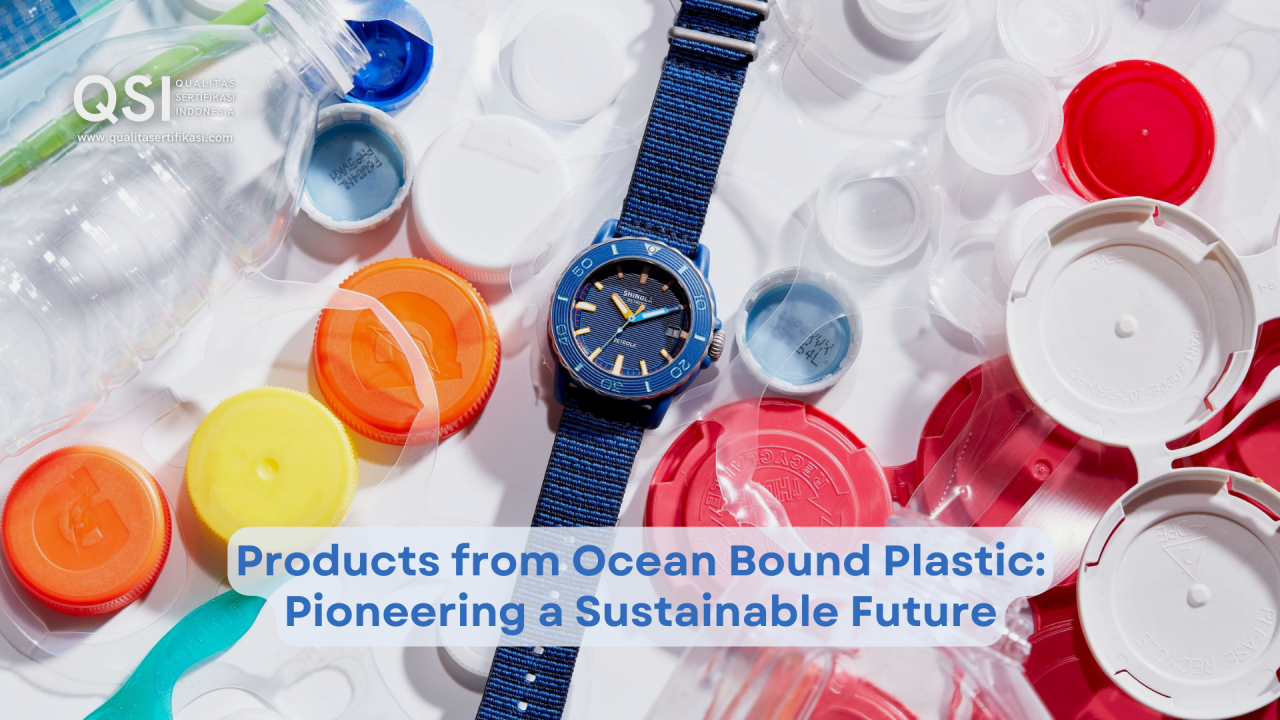
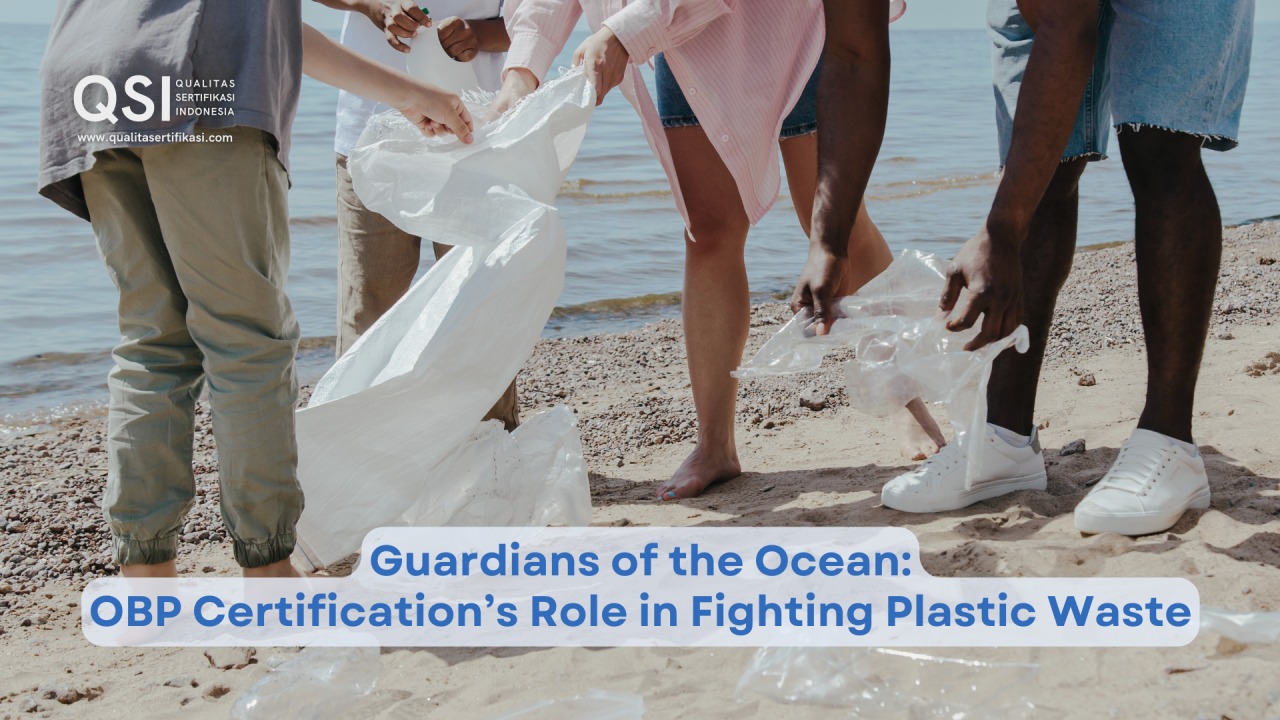
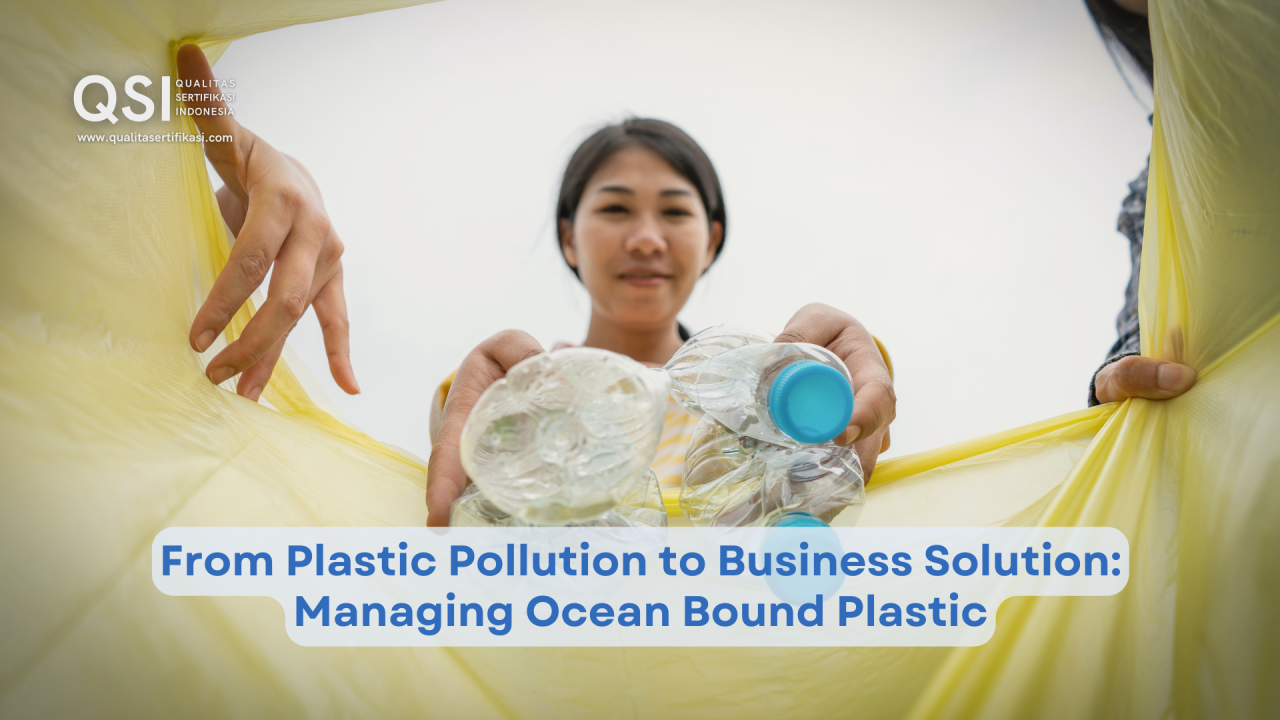
Drop us a line
Contact Us
We will get back to you as soon as possible.
Please try again later.
Share



General Inquiries
Phone
+62 21 2949 1946
Headquarter
The CEO Building Level 12th,
Jl. TB Simatupang No. 18C,
Cilandak Barat, Cilandak,
Jakarta Selatan, DKI Jakarta, 12430
Indonesia
Programs
Quick Links
Qualitas Sertifikasi Indonesia
PT Qualitas Sertifikasi Indonesia
